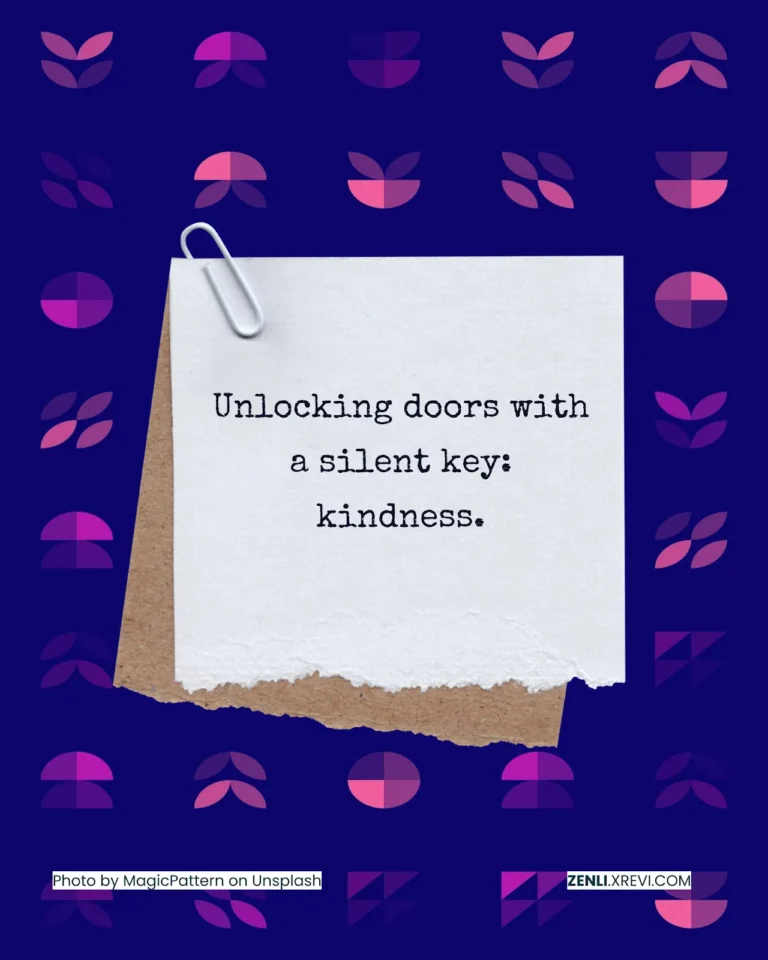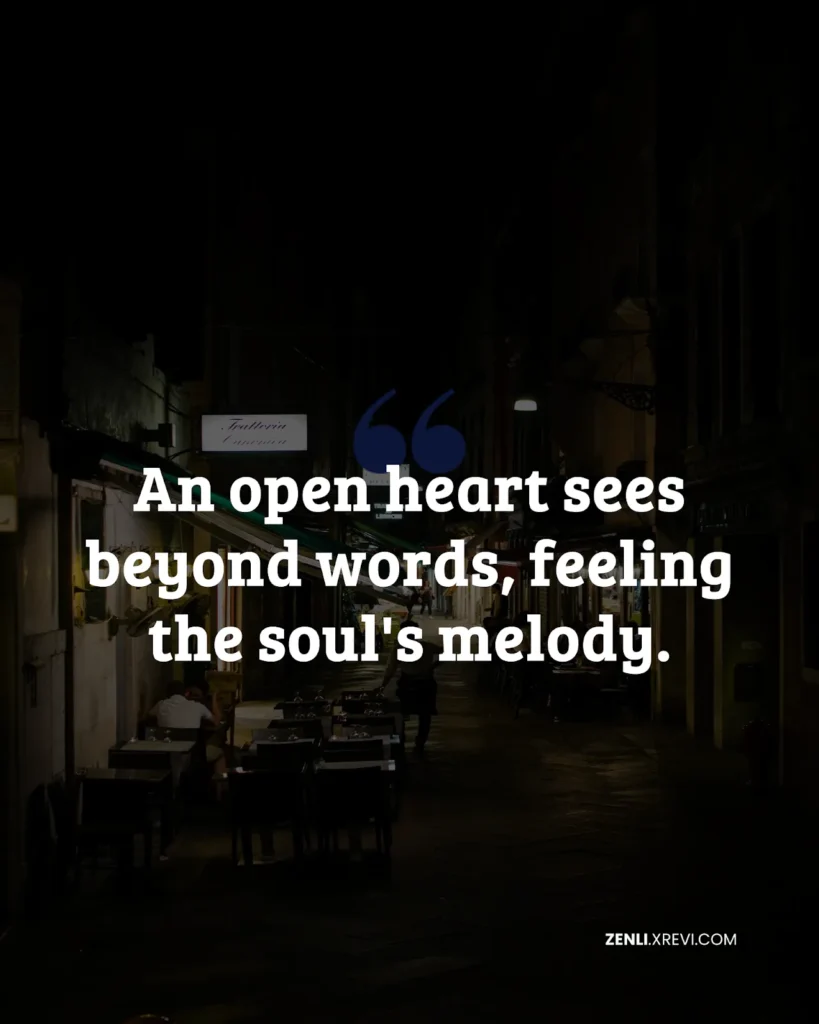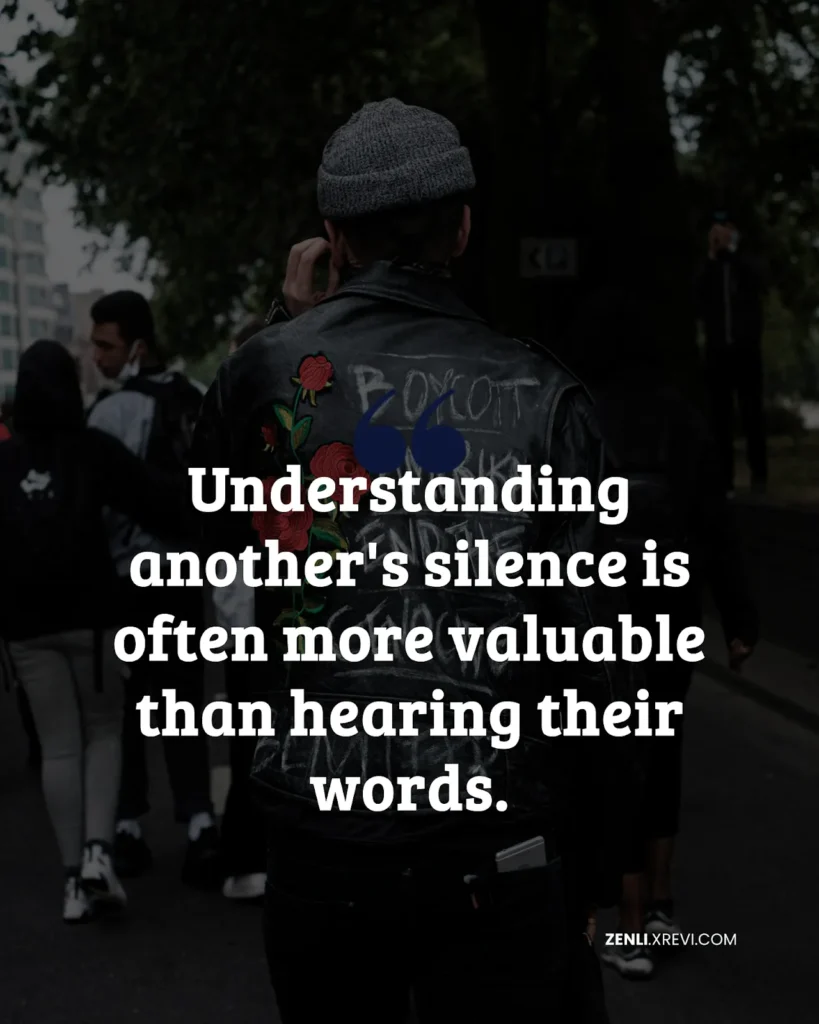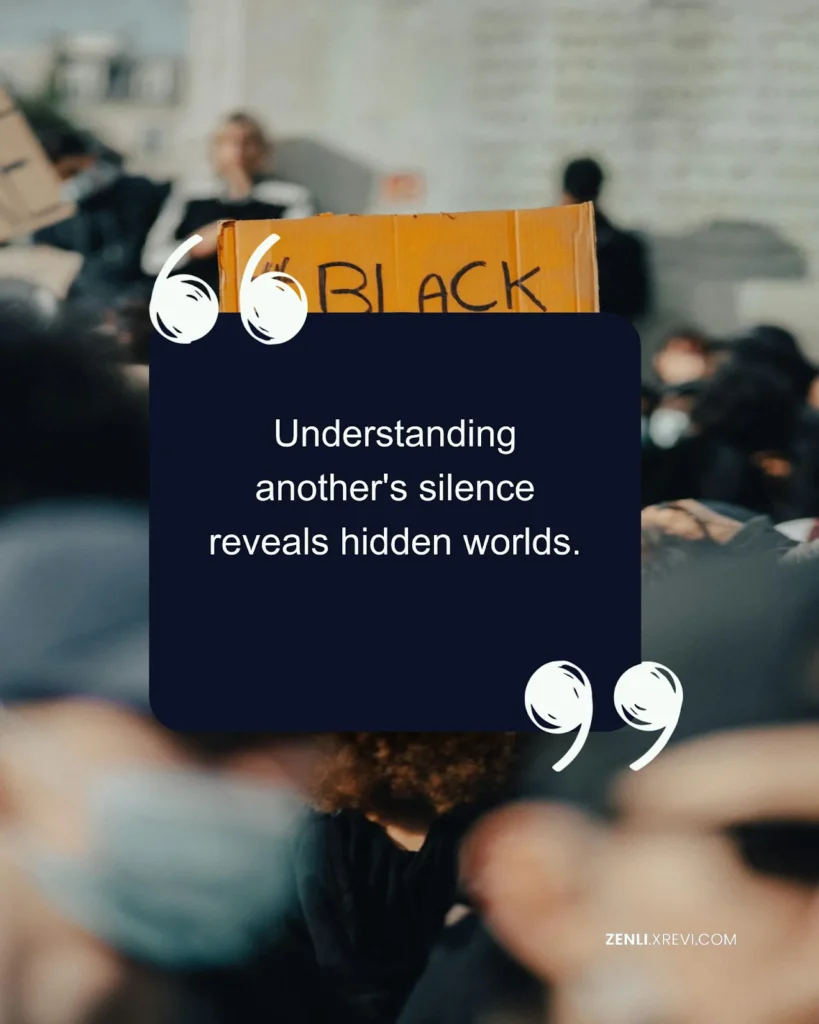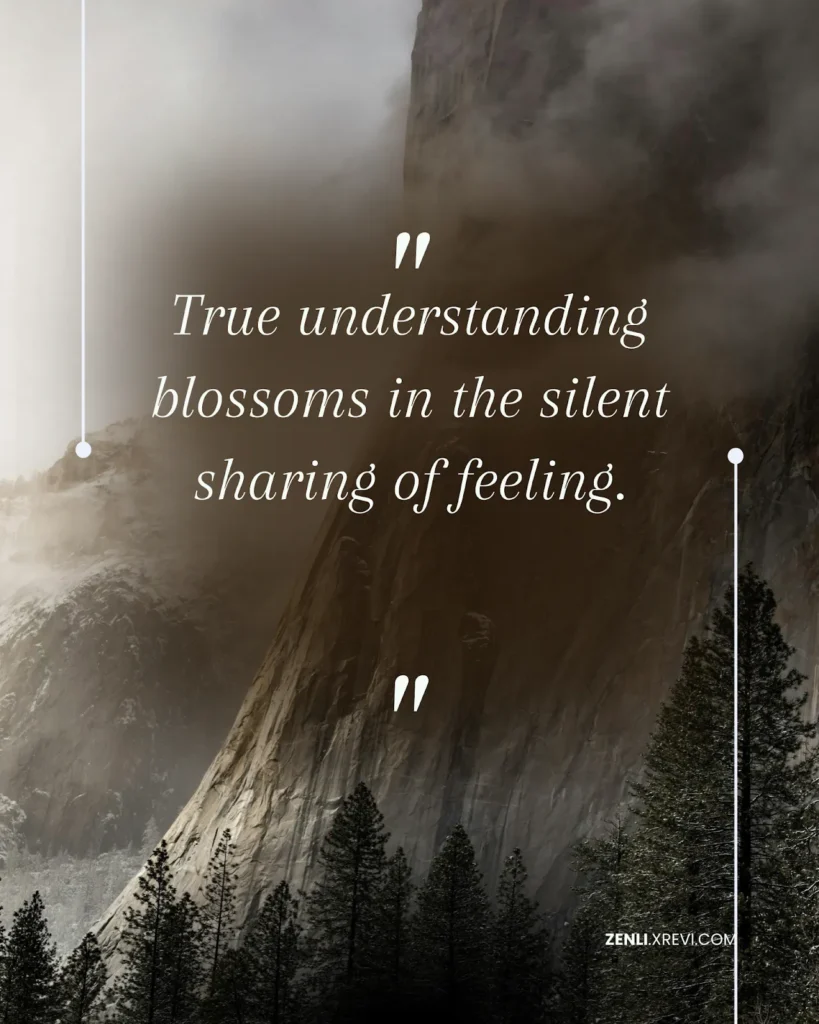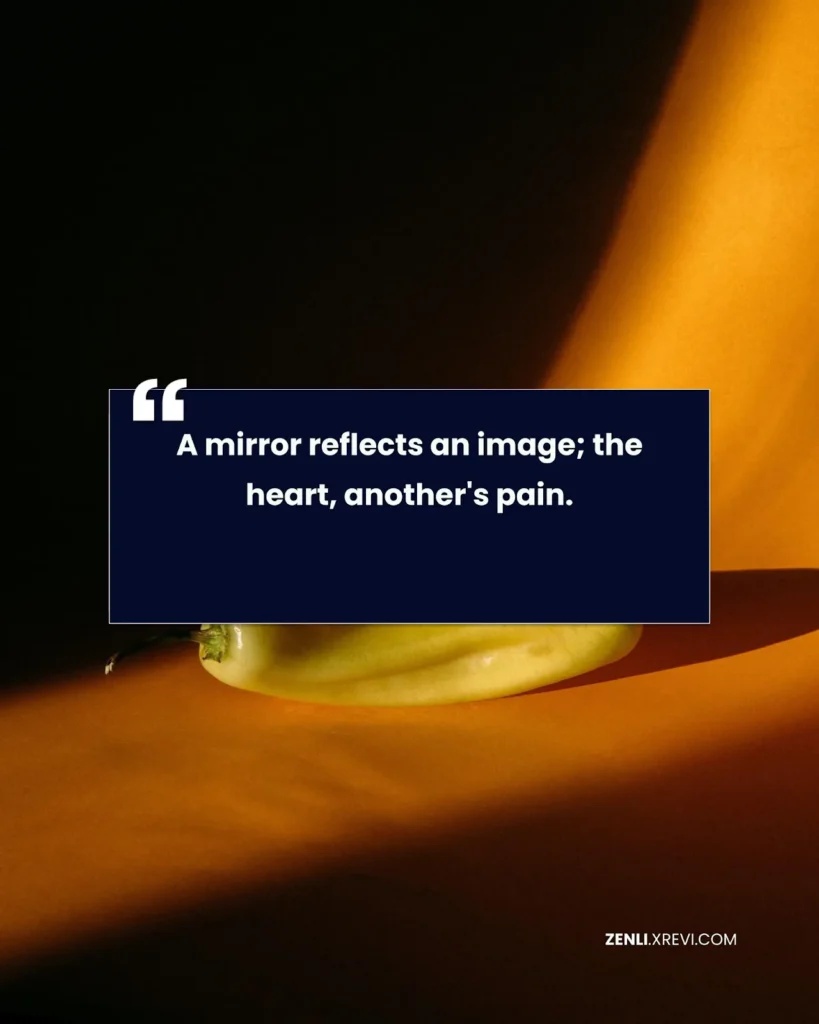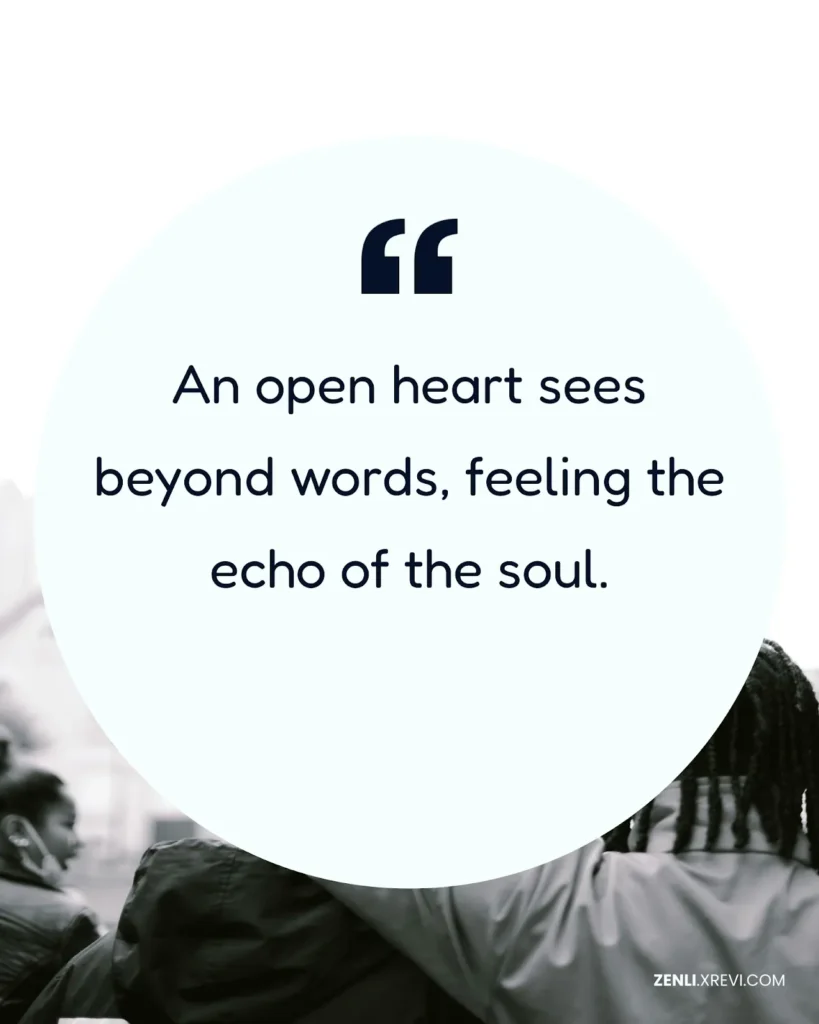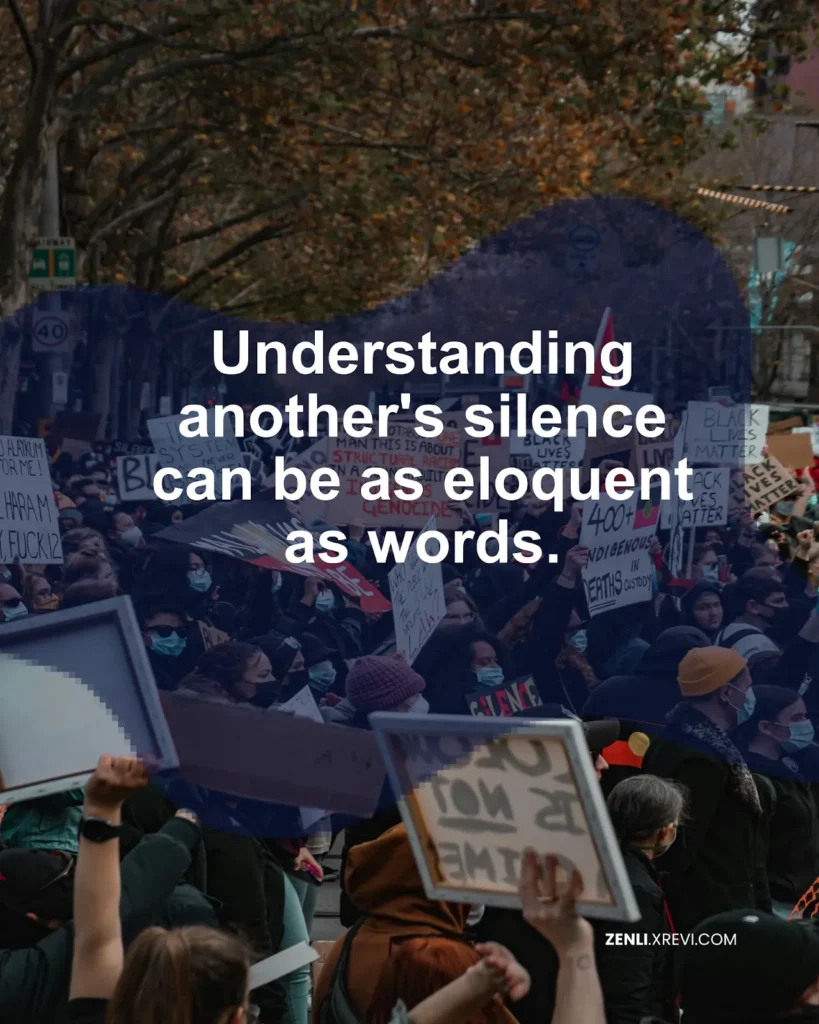We’ve all been there. That moment where you see someone struggling, maybe dropping their groceries or looking utterly lost. Or perhaps it’s something less visible – the quiet sadness in a colleague’s eyes, the tension in a friend’s voice during a phone call. These are the everyday encounters that challenge us to connect on a deeper level, to move beyond superficial interactions and into the realm of genuine understanding. It’s in these moments, big and small, that the power of empathy shines through, shaping our relationships and enriching our lives in ways we often don’t fully appreciate. It’s about stepping into someone else’s shoes, acknowledging their feelings, and responding with compassion – even when it’s challenging or uncomfortable. It’s about recognizing the shared humanity that binds us all, regardless of our differences. But how do we cultivate this crucial skill? How do we learn to truly *see* and *feel* with others?
Unlocking doors with a silent key: kindness.
This quote beautifully encapsulates the essence of empathetic interaction. Kindness, in its simplest form, is an act of understanding. It’s not about grand gestures or dramatic pronouncements; it’s about the small, quiet actions that speak volumes. Think about offering a helping hand to someone burdened with heavy bags, listening attentively without judgment to a friend sharing their worries, or offering a genuine compliment to a colleague. These seemingly insignificant actions are the “silent keys” that unlock doors to connection, understanding, and ultimately, stronger relationships. They bypass the barriers of misunderstandings and prejudice, opening up avenues for communication and compassion. For example, a simple gesture like offering a warm drink to a shivering stranger on a cold day might be all it takes to ease their discomfort and foster a sense of connection. It’s about recognizing their need and responding with a selfless act of kindness, driven by empathy.
Kindness isn’t just about reacting to someone’s obvious distress. It’s also about preemptively recognizing potential struggles. Imagine anticipating the needs of an elderly neighbor by offering to help with groceries or shoveling snow. This proactive kindness is born from an understanding of their potential vulnerabilities, a silent recognition of their situation. Similarly, in the workplace, offering support to a colleague facing a heavy workload demonstrates empathy and fosters a collaborative environment. These acts are all fueled by a deeper understanding of the human experience, a recognition that everyone faces challenges and appreciates support.
In conclusion, empathy isn’t an innate trait, it’s a cultivated skill. It requires conscious effort, a willingness to step outside of our own perspectives, and a commitment to actively listening and understanding. Remember the power of “unlocking doors with a silent key: kindness.” Take a moment today to reflect on your own interactions. Were you able to truly connect with others? Where could you have shown more empathy? Share your thoughts and let’s collectively work towards fostering a more compassionate and understanding world. The impact, both on ourselves and others, will be immeasurable.
Photo by MagicPattern on Unsplash
